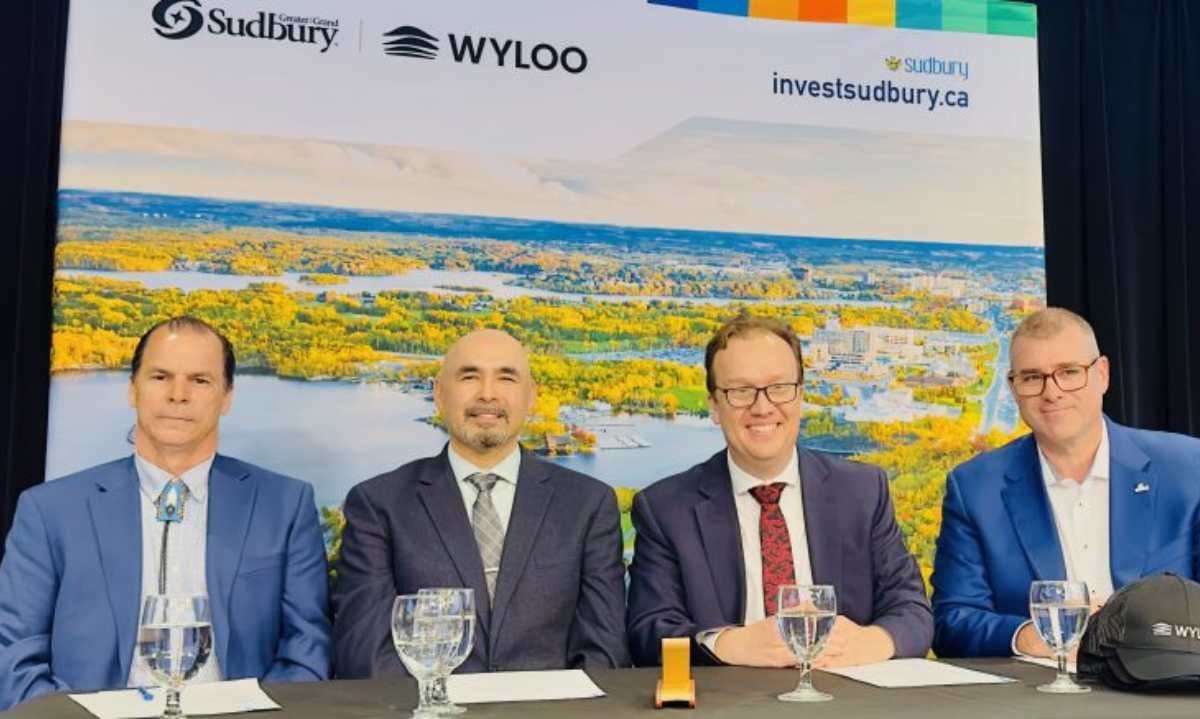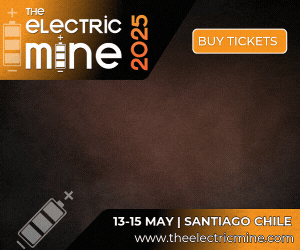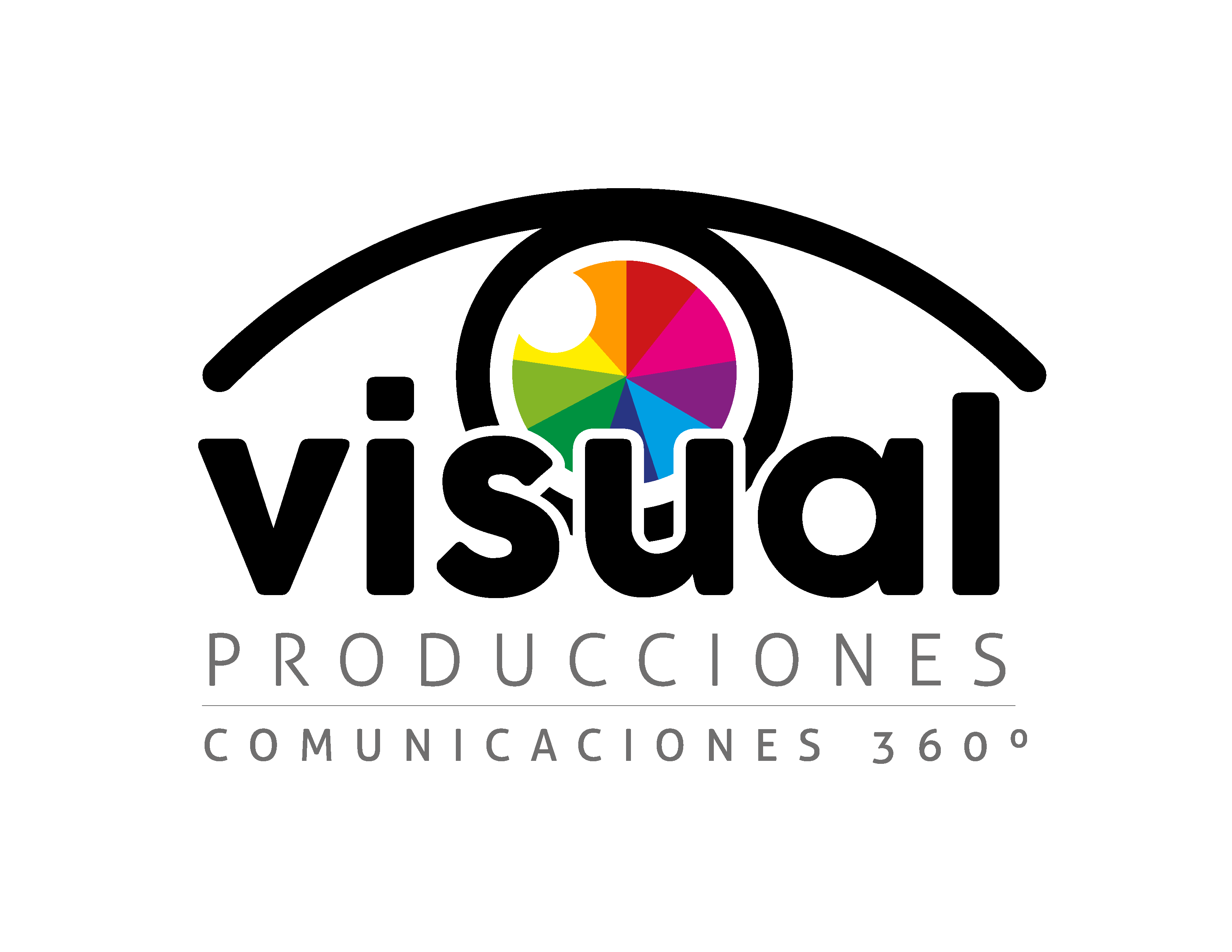
The plant would target output of around 50,000 tonnes a year of nickel sulphate and precursor cathode active material, a battery component often containing nickel, cobalt or other chemical elements.
Wyloo Metals, the privately held resources unit of Australia iron ore baron Andrew Forrest, says it plans to build a battery materials plant in northern Ontario that may cost around $900 million.
The company’s proposed Eagle’s Nest mine in the Ring of Fire region in Ontario’s far north is to supply nickel to the plant, Wyloo Canada CEO Kristan Straub said in Sudbury on Wednesday. The plant may also take third-party sources of nickel-bearing feed and recycled battery materials, Straub said.
“The fundamental baseline capacity production that will be produced out of Eagle’s Nest has the ability to be the cornerstone investment for this type of processing facility,” Straub told The Northern Miner Group’s Tamer Elbokl in an interview. “It would produce upwards of 50% of the materials required for the vehicles in Ontario as well as in the North American market.”
The plant would target output of around 50,000 tonnes a year of nickel sulphate and precursor cathode active material, a battery component often containing nickel, cobalt or other chemical elements, a spokesperson for Wyloo said by email after the Sudbury event. The plant would produce enough material to power about 800,000 vehicles a year, the spokesperson said. While no estimates were given at the media conference, the spokesperson said plants of that size typically cost $800 million to $900 million.
Wyloo said it has entered into a memorandum of understanding with Sudbury to secure a parcel of land to build the plant. There was no word on the cost of the land or how much different levels of government may fund the project. Representatives from the province, Indigenous communities and city governments attended the event in Sudbury.
“We’re extremely excited to be the first to make this type of announcement in addressing a critical supply chain gap that exists within the development of battery electric vehicles today in North America,” Straub told The Northern Miner Group. “We’re very pleased that the city of Sudbury has taken the initiative to develop the right ecosystem for this.”
Nickel belt
Wyloo chose Sudbury, a nickel producer for more than a century, for its leadership in the mining sector, its shift to clean technologies and its commitment to reconciliation with First Nation communities, the company said.
“Being involved in these conversations is vital to our communities,” Wahnapitae First Nation Chief Larry Roque said in a release on Wednesday. “The partnership set to be developed with this project will showcase what needs to be done for other First Nations and private companies.”
Wyloo is completing a scoping study for the battery plant, with construction expected to begin after its proposed Eagle’s Nest mine is built. Mine construction is targeted to start in 2027. Local communities are conducting environmental assessments of roads that may cost more than $2 billion to serve the Ring of Fire region. The assessments might be completed over the next few years.
The Sudbury battery plant would be the furtherest north in Ontario after a series of pledges to build some $46 billion in battery production sites in Canada over the past few years. Most are in Ontario where the largest traditional automakers – General Motors, Ford Motor, Toyota and Stellantis – have plants and close ties by road and trade with their Detroit headquarters and United States factories.
Planned or under construction are Northvolt’s $7 billion battery factory east of Montreal; Volkswagen’s $7 billion plant in St. Thomas, Ont.; and Stellantis’ $5 billion site in Windsor, Ont.
Others are Ford’s $1.8 billion plant in Oakville, Ont.; Umicore $1.5 billion battery components plant in Loyalist Township, Ont.; and three projects in Bécancour, Que.: Ford’s $1.2 billion facility, Nouveau Monde Graphite‘s (NYSE: NMG; TSXV: NOU) US$1.2 billion plant and GM’s $600 million site.




